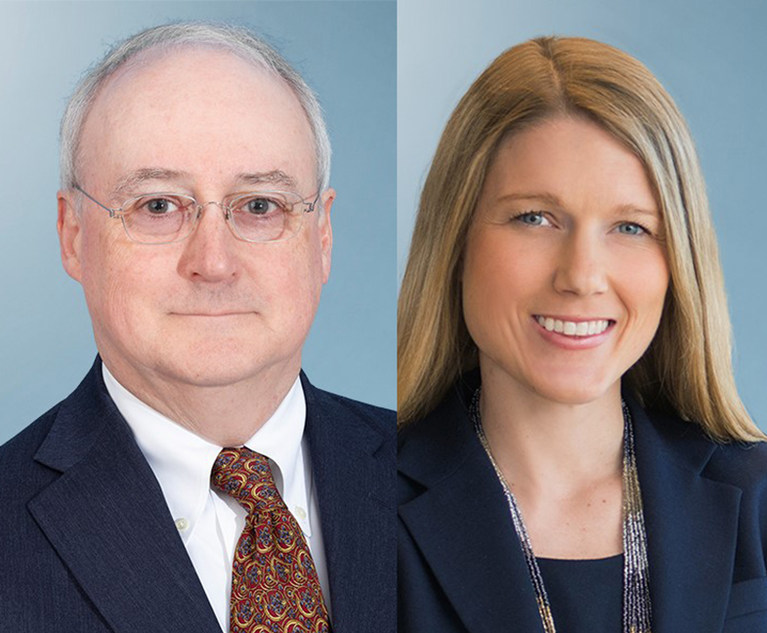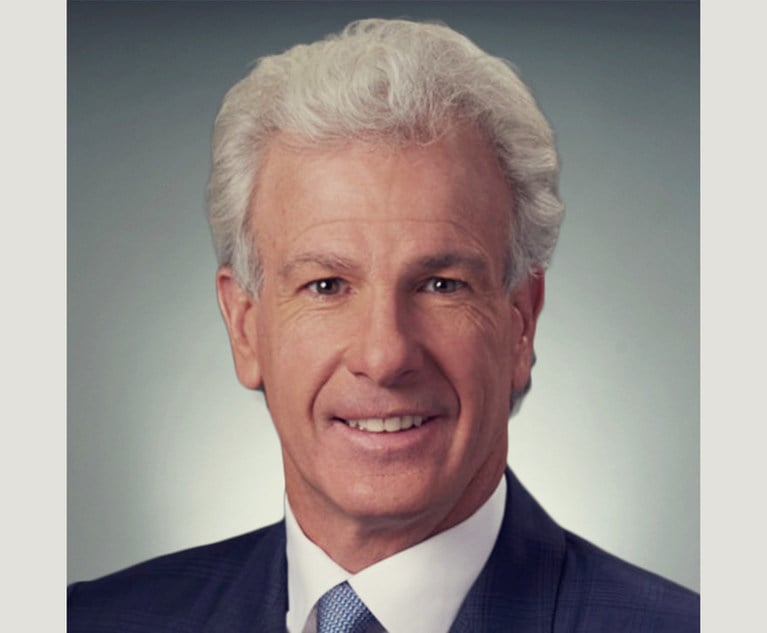Medical technology is advancing at a rapid pace, including advances with medical devices. For example, doctors are now performing surgeries with state-of-the-art robotic surgical systems. As medical devices become more sophisticated, there is an increase in demand for training to accompany these products. In response, many manufacturers now offer training and other educational programs on their most complex medical devices.
With this training and education come new theories of liability. Some products liability claims have shifted from focusing on the quality of the product to examining the quality of the training. A recent aviation case from the Pennsylvania Superior Court sheds light on the viability of such training claims in Pennsylvania.
This content has been archived. It is available through our partners, LexisNexis® and Bloomberg Law.
To view this content, please continue to their sites.
Not a Lexis Subscriber?
Subscribe Now
Not a Bloomberg Law Subscriber?
Subscribe Now
LexisNexis® and Bloomberg Law are third party online distributors of the broad collection of current and archived versions of ALM's legal news publications. LexisNexis® and Bloomberg Law customers are able to access and use ALM's content, including content from the National Law Journal, The American Lawyer, Legaltech News, The New York Law Journal, and Corporate Counsel, as well as other sources of legal information.
For questions call 1-877-256-2472 or contact us at [email protected]


 Bruce Jones, left, and Chrissy Piccolo, right, of Faegre Drinker Biddle & Reath. Courtesy photos
Bruce Jones, left, and Chrissy Piccolo, right, of Faegre Drinker Biddle & Reath. Courtesy photos




